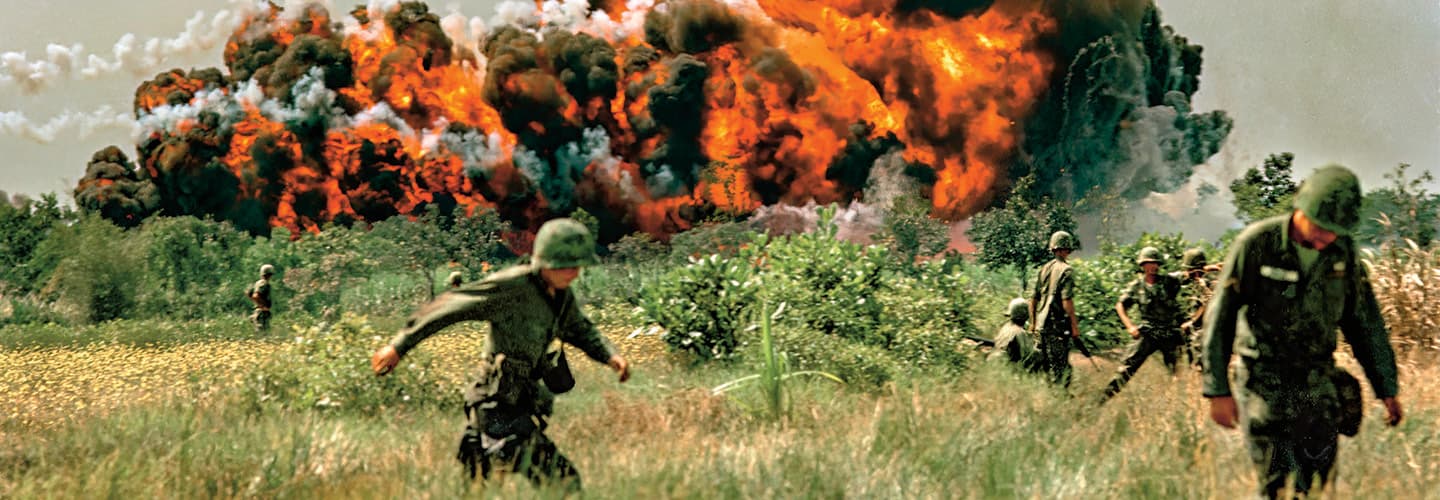Tensions were high in a conference room in the French town of Gif-sur-Yvette in 1973. With reporters listening outside, U.S. National Security Advisor Henry Kissinger asked his Communist counterpart not to shout so loudly. But Le Duc Tho—a negotiator in the peace talks for the North Vietnamese—continued to berate him.
“For more than 10 years, America has used violence to beat down the Vietnamese people,” Tho yelled.
If the Vietnamese were worn out and furious about the Vietnam War, so were Americans, who had grown increasingly critical of the conflict and the deaths of so many U.S. soldiers in a faraway land.
After a series of protracted, intense negotiations, Tho and Kissinger signed the Paris Peace Accords on January 27, 1973—50 years ago—ending U.S. military involvement in Vietnam after almost two decades.
Tensions were high in the conference room in the French town of Gif-sur-Yvette. It was 1973. Reporters were listening outside the door. U.S. National Security Advisor Henry Kissinger asked his Communist counterpart, Le Duc Tho, not to speak so loudly. Tho was a negotiator in the peace talks for the North Vietnamese. He continued to loudly criticize Kissinger.
“For more than 10 years, America has used violence to beat down the Vietnamese people,” Tho yelled.
The Vietnamese were worn out and furious about the Vietnam War. So were Americans. They had grown increasingly critical of the conflict and the deaths of so many U.S. soldiers in a faraway land.
After a series of long, intense negotiations, Tho and Kissinger signed the Paris Peace Accords on January 27, 1973—50 years ago. The agreement ended U.S. military involvement in Vietnam after almost two decades.

